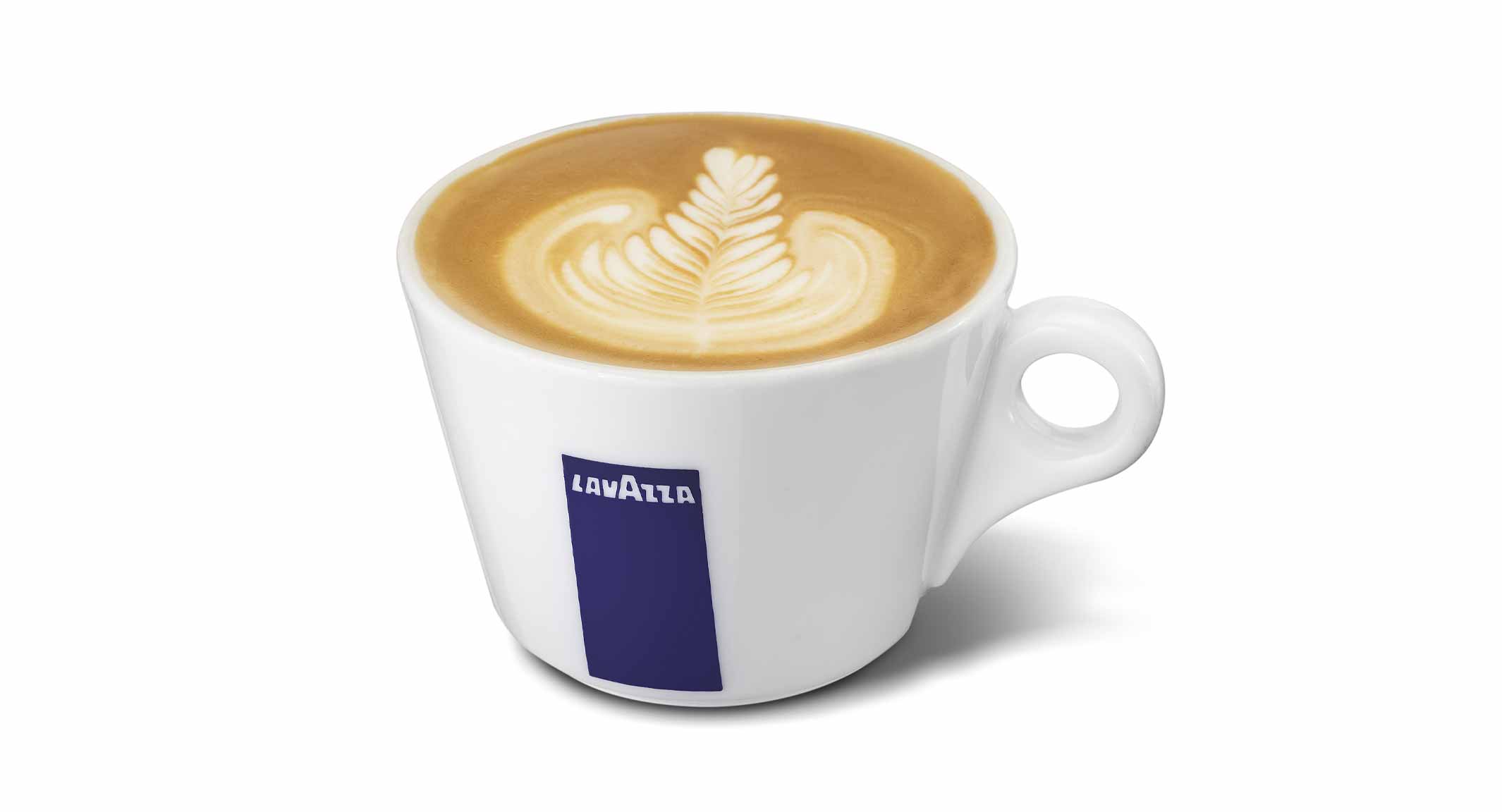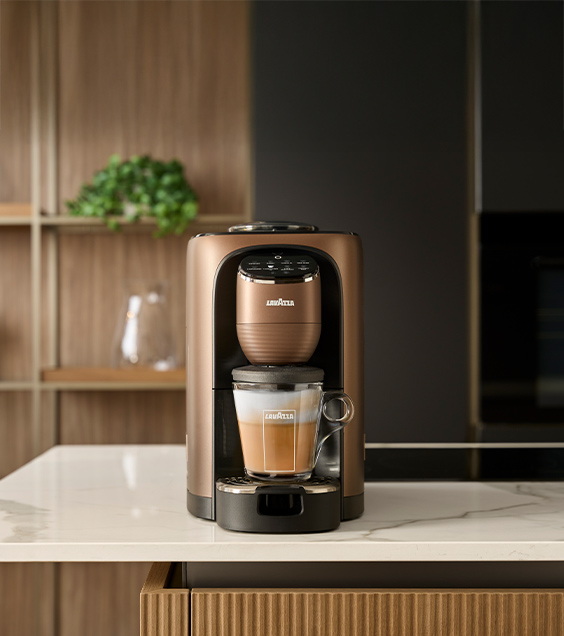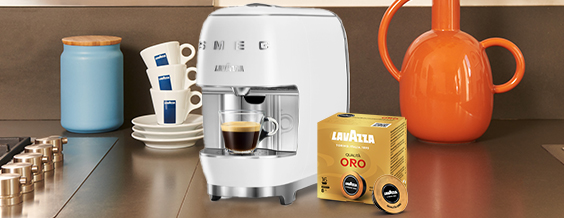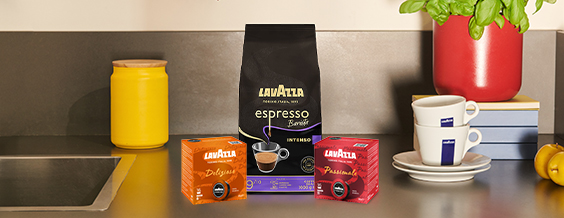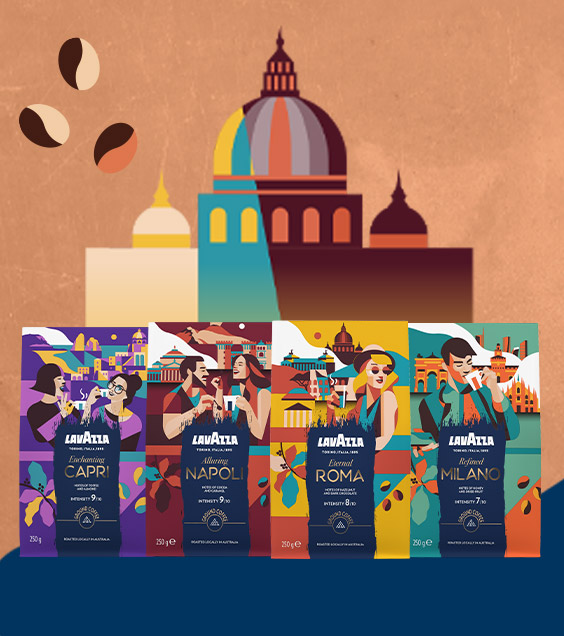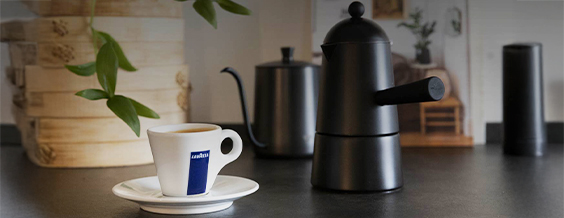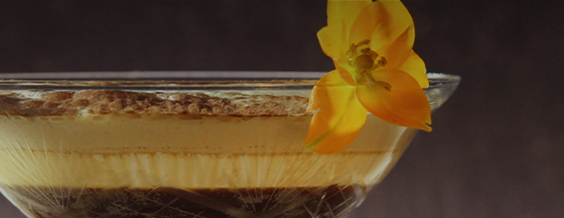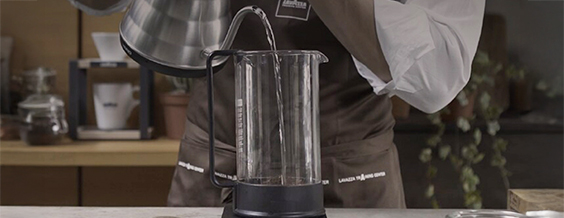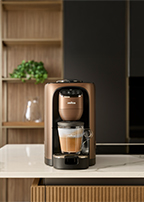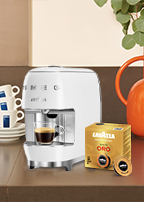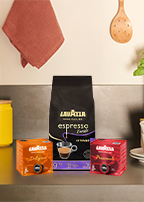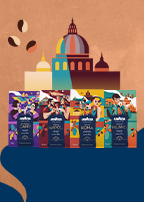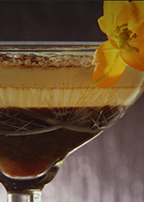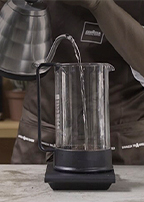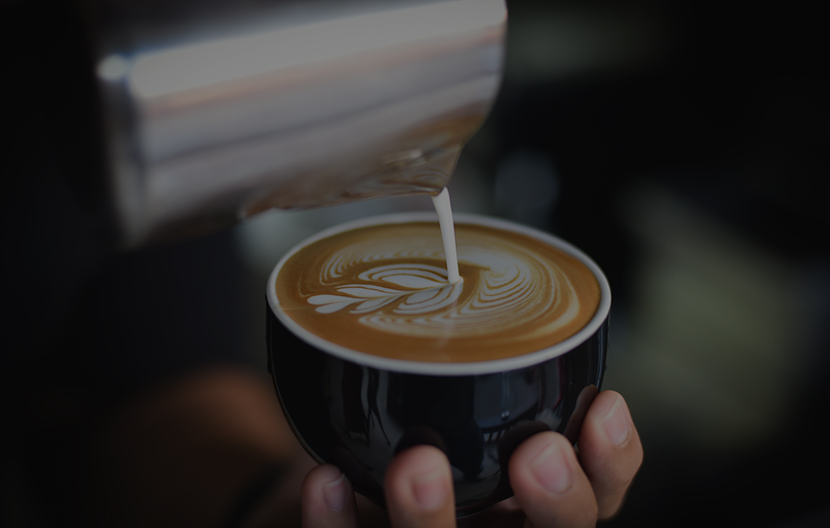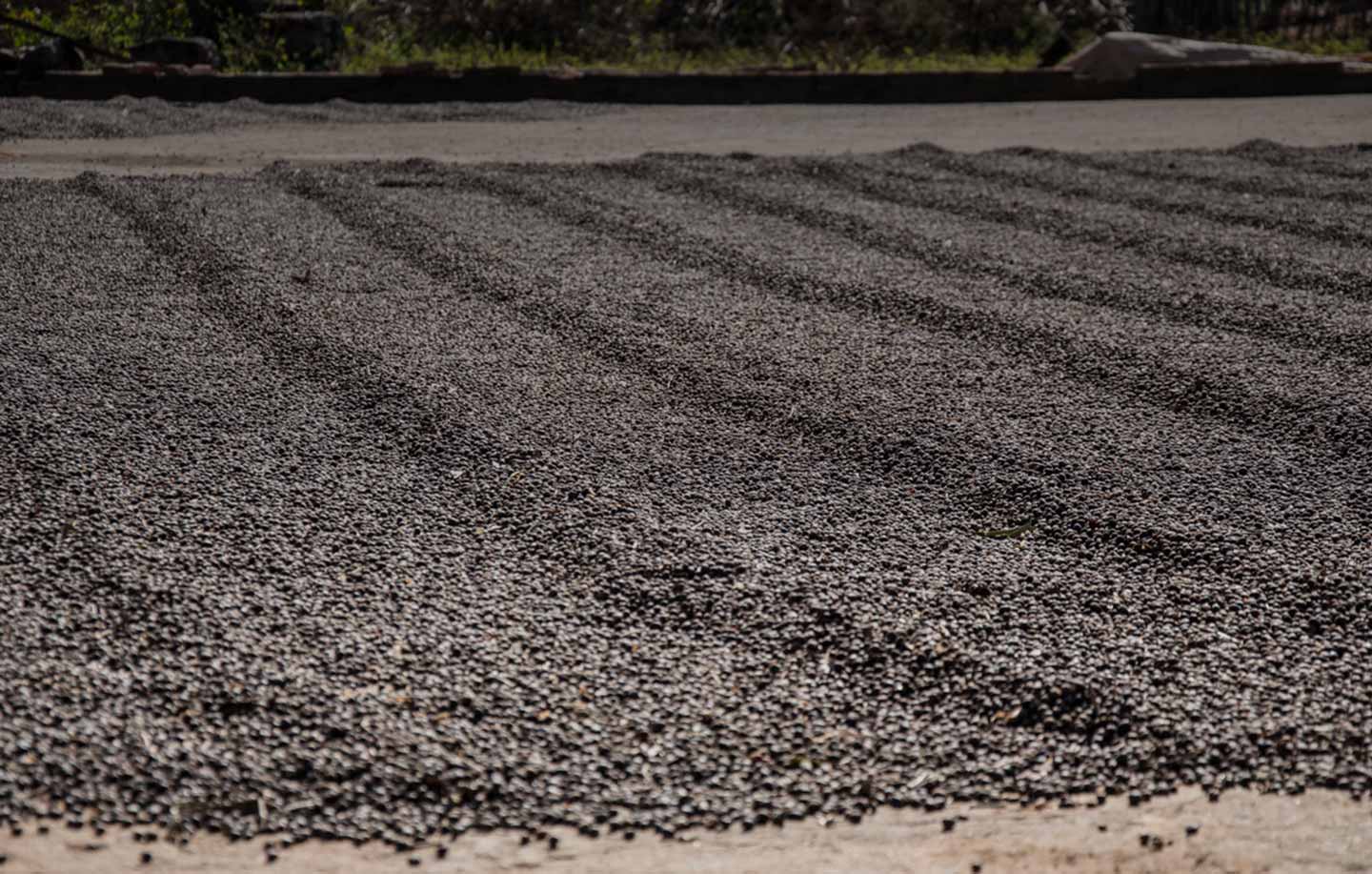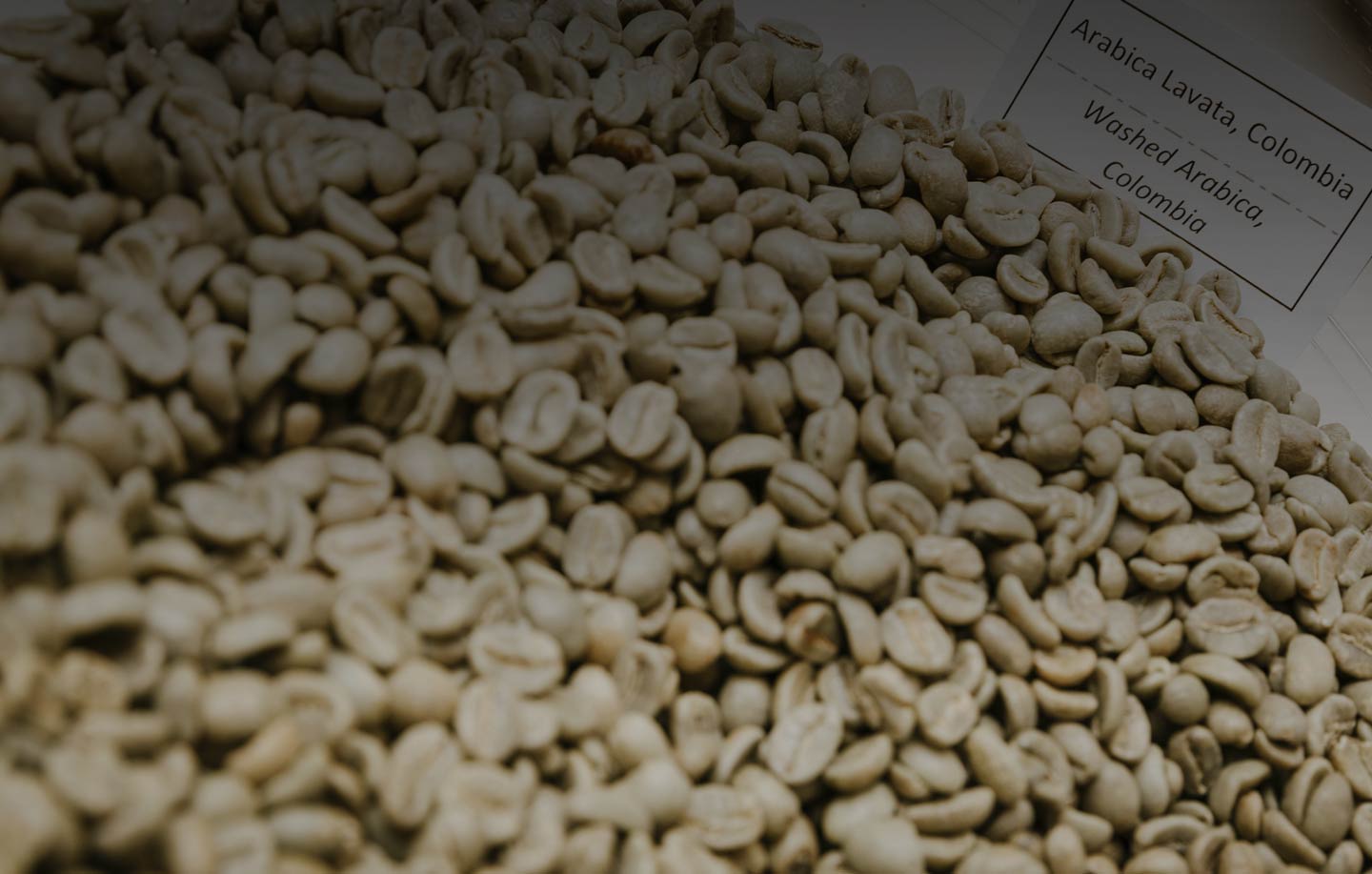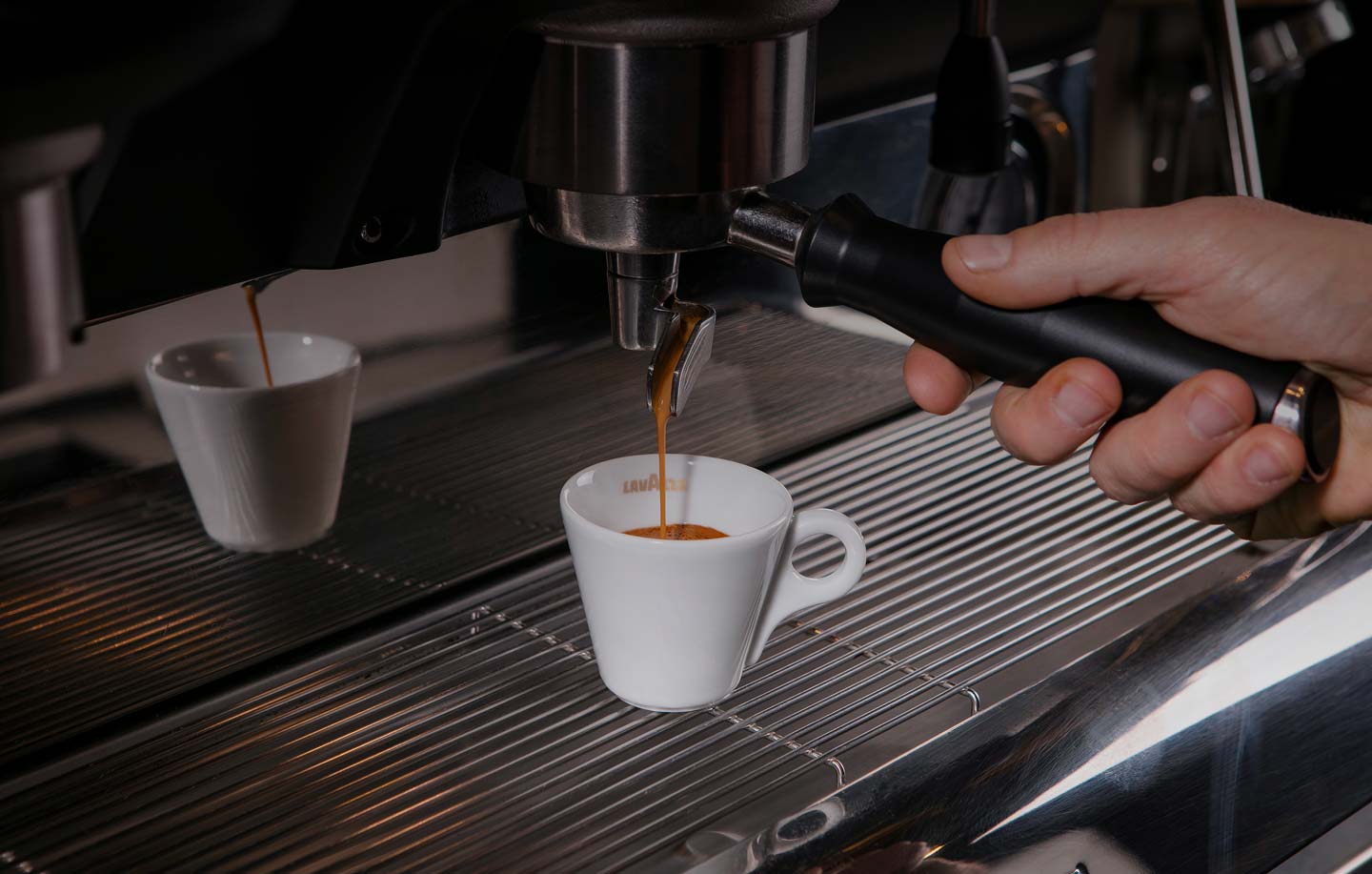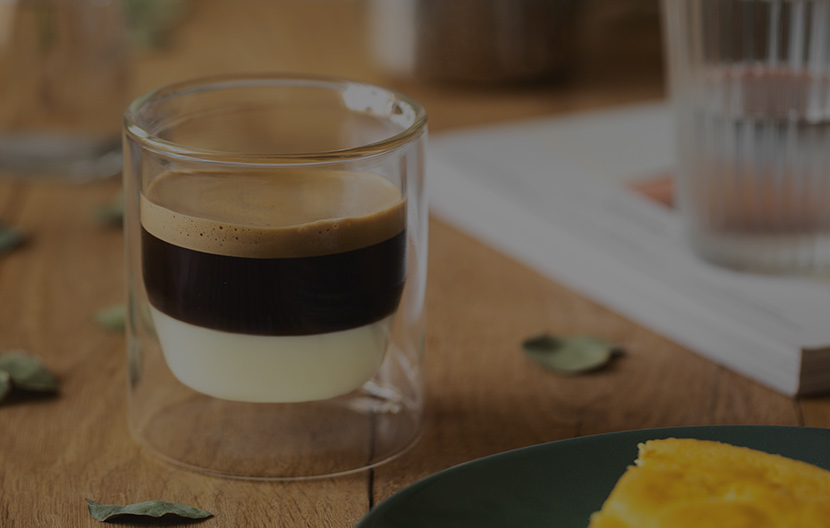*Lavazza is not affiliated with, endorsed or sponsored by Nespresso
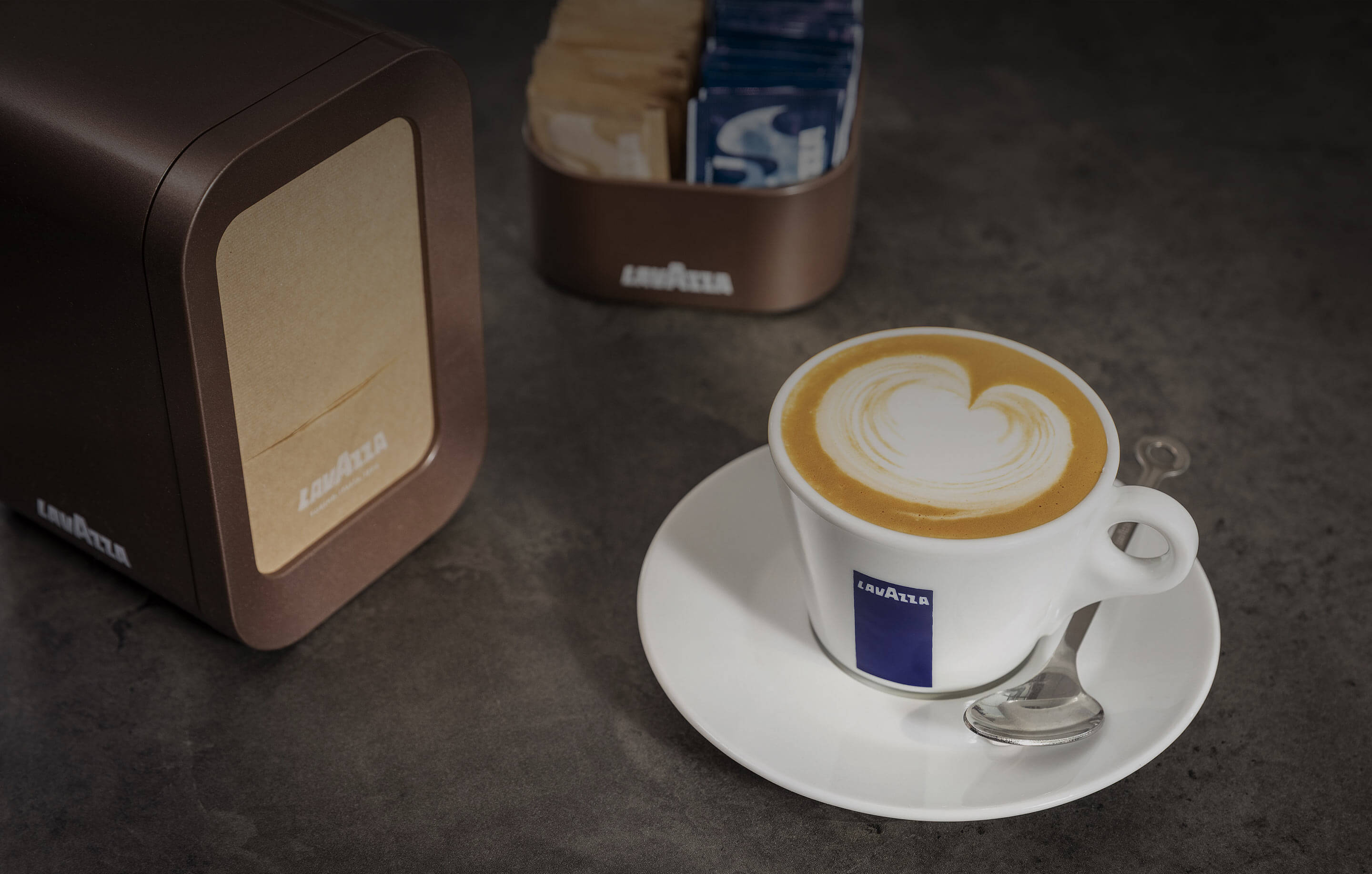
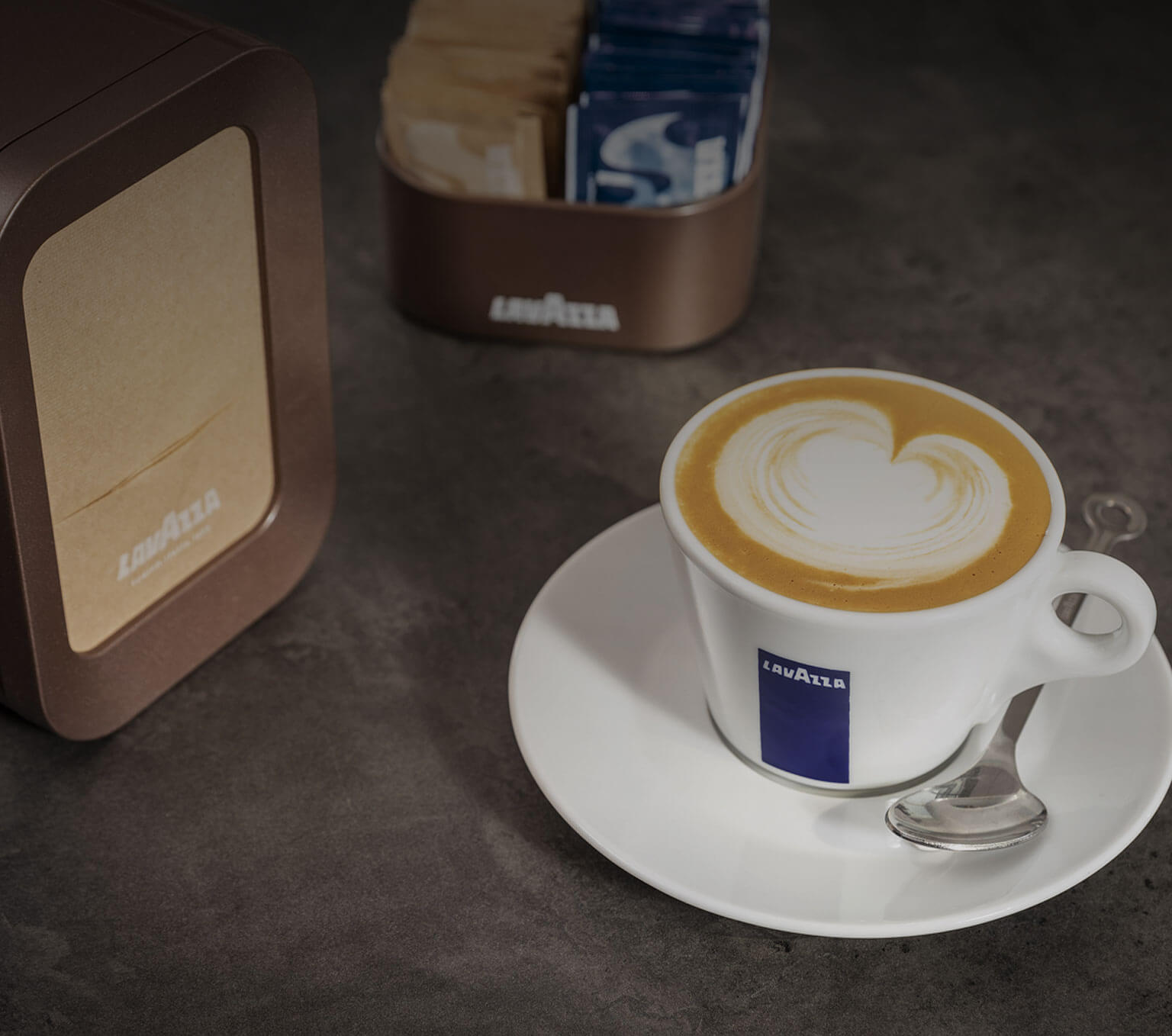
Cappuccino Definition
The cappuccino is definitely one of the most popular drinks served at cafes worldwide, but both the word and the drink itself originated in Italy. There is an interesting history behind this drink, and in particular, the etymology of the word cappuccino. To find out why the cappuccino is named cappuccino, as well as how this popular drink came to be, keep on reading.
Definition of cappuccino
There are a few theories behind the true origin of the word cappuccino, so let’s unpack them.
It all started with the Capuchin friars and nuns - a religious order formed back in 1525. This group were known for the clothing they wore, which featured a distinctive large, pointed hood. The Italian word for hood is cappuccio, and it’s believed that the name for this religious order came from this feature of their clothing. Additionally, the clothing were in a distinctive shade of red-brown - a colour that came to be known as Capuchin, which also happens to be a similar colour to beverage created when adding a small amount of milk to espresso, hence the cappuccino origin.
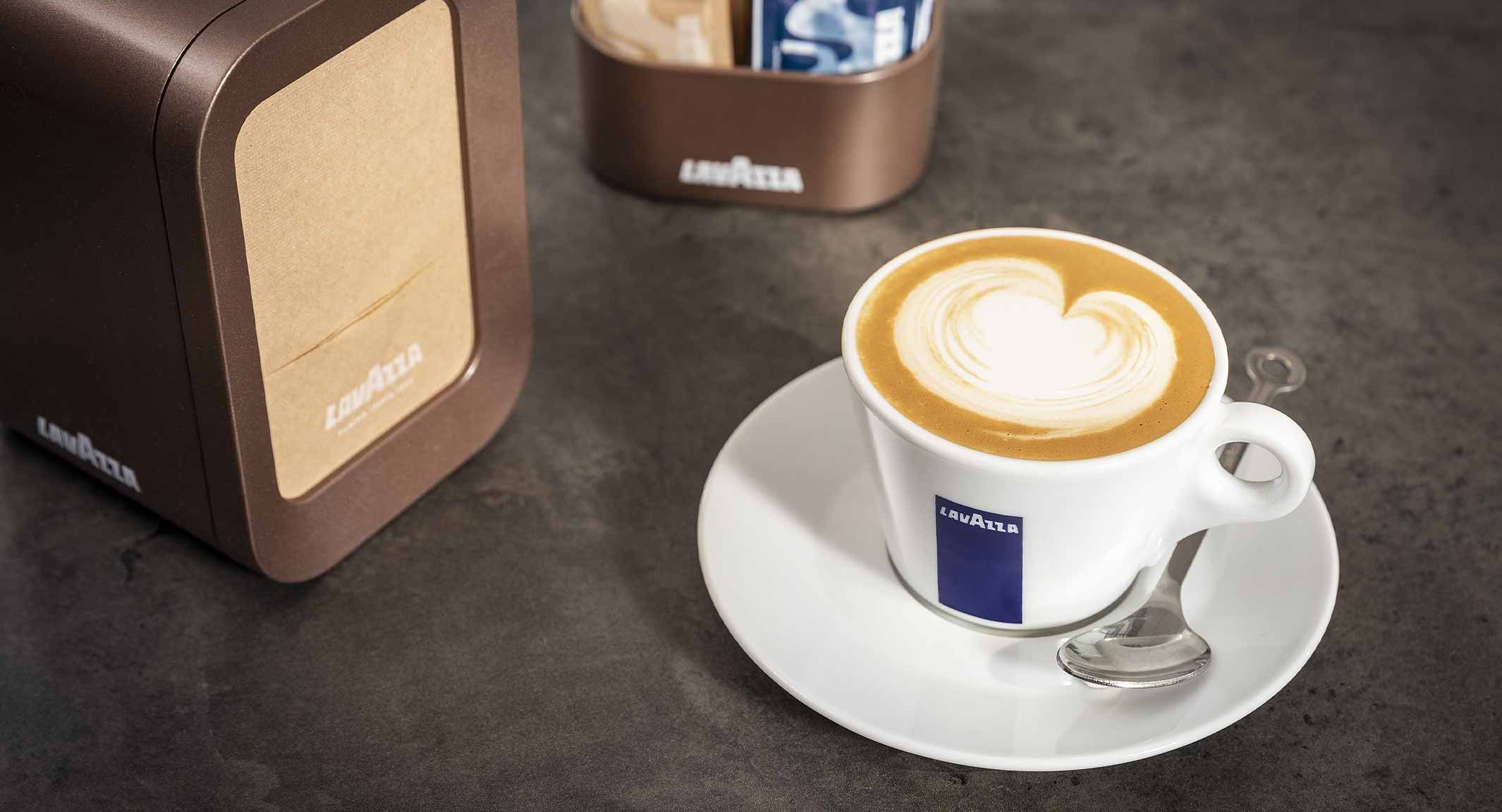
What is a Cappuccino?
Now we know all about the origins of the word, the next question is, what is the cappuccino?
Since its invention back in the 16th century, the Italian cappuccino definition has changed quite substantially, evolving to become the modern cappuccino we know today.
A cappuccino is usually made up of a single or double shot of espresso, combined with hot steamed milk and finally finished with a layer of foam. A coffee machine is usually required to make a proper cappuccino, used to produce the espresso shot directly into a cup, followed by quite a lot of frothed milk (using a steam wand or frother)that has been through a steam wand or frother, k. Another common addition is the topping of cocoa or chocolate powder.
Variations and tips
Although cappuccino has an ancient history and is one of the most drunk drinks in the world, there are some tasty variations to try.
Non-dairy milk substitutes
Like most milk-based coffees, you can of course make a cappuccino using a non-dairy milk alternatives. However, since the cappuccino is known for its stiff foam, it’s important to know which options work best for creating this thick foam. The protein in milk is the key component for creating foam, which is why soy milk is a perfect dairy-free alternative for a cappuccino. Oat milk is another great option, and you may want to look out for the special ‘barista editions’ which typically contain more fat, creating more of a creamy flavour, which imitates dairy milk.
